Thank our NHS heroes with huge national clap
This evening the UK will come together for a national salute to honour the hardworking NHS staff and all carers working hard through the coronavirus outbreak.
In a gesture of thanks to the frontline healthcare heroes, everyone across the nation has been invited to join a mass round of applause from their doorsteps, gardens, windows and balconies on Thursday 26th March at 8pm.
Organisers of the "Clap For Carers" campaign - which started online - say it is being staged because "during these unprecedented times they [NHS staff] need to know we are grateful".
The person behind the campaign wrote on its website: "In Spain, France and the Netherlands they already did this. And being a Dutch Londoner, I want to pass this on in the country I feel so at home, and the NHS had been nothing but amazing to my family and myself!"
Landmarks such the Wembley Arch, the Principality Stadium, the Royal Albert Hall and Lincoln Cathedral are set to be lit up in blue during the salute. It is part of the #lightitblue campaign which has been organised by members of the events and entertainment industry as a way to say thank you.
In a statement, organisers said: "The events and entertainment industry finds itself in an unprecedented state of enforced inaction.”
"The best thing we can do - apart from staying at home - is to use our skills and networks to say thank you to everyone who is supporting the NHS and risking their own health to help others during this pandemic."
Shadow Health Secretary Jonathan Ashworth said: "Never have we owed so much to our brilliant and hardworking NHS staff. Just as they are caring for us, we need to care for them and give them every ounce of support they need. I welcome this fantastic initiative to encourage the public to show their appreciation to all our NHS workers."
It comes as the total of confirmed cases of coronavirus in the UK since the start of the outbreak neared 10,000.
As health professionals battle the spread and tend to the patients, more than half a million people have also signed up to be NHS volunteers to support in the crisis.
Staying up to date
The government is continually providing updates. For the latest information and advice please visit Public Health England.
There is also guidance for health professionals on the NHS website www.england.nhs.uk/coronavirus.
Track confirmed coronavirus cases in the UK
The coronavirus dashboard is now available to find out and track confirmed cases in the UK.
Coronavirus Tracker - Mobile friendly guide
Coronavirus Tracker - Desktop guide
Symptoms of coronavirus & what to do
Coronavirus: Guidance for Health Professionals
Coronavirus (COVID-19) Company Notice
With the impact of the coronavirus (COVID-19) the health and safety of our workers, staff and clients is paramount. We are closely monitoring the guidance from the government and implementing their advice.
We have already made preparations to ensure business operations can continue as normal as possible in all scenarios.
We have facilities for remote working and access to all our systems, which allows us to react to and mitigate the risk of spreading the virus.
All members of our work force have been passed instructions on hand-washing and action to take if they feel unwell, this has also been published on the company’s websites and posted in our offices.
Guidance for educational settings
Guidance for healthcare professionals
Symptoms of coronavirus and what to do
We are taking the following specific actions:
- Wherever possible, we are offering client meetings to be "online" rather than face-to-face and avoiding any physical contact, such as handshakes
- We are asking all visitors to wash their hands with soap and water or hand sanitizer before entering our office
- We are following all government guidelines with respect to international travel
- We are suspending conferences and large internal meetings taking place in March and April that require travel
- We are undergoing regular deep-cleaning our offices
- Colleagues and temporary workers returning from travel, either business or personal, from a high-risk area are being asked to work from home for 14 days irrespective of symptoms
We do not currently foresee any impact on the continuity of our service, but should the situation change we will notify all our staff, workers and clients immediately. Although we believe the actions, we have put in place are appropriate for the current levels of risk, they are in constant review.
The government is continually providing updates of Coronavirus (COVID-19) in the UK.
For the latest information and advice please visit Public Health England.
You can also view the Government’s Coronavirus Action Plan.
There is also guidance for health professionals on the NHS website https://www.england.nhs.uk/coronavirus/
Track confirmed coronavirus cases in the UK
The coronavirus dashboard is now available to find out and track confirmed cases in the UK.
Symptoms of coronavirus & what to do
Symptoms of coronavirus
Coronavirus infects the lungs. The symptoms start with a fever followed by a dry cough, which can lead to breathing problems. It takes five days on average for symptoms to start showing.
The most common symptoms of coronavirus (COVID-19) are recent onset of:
- new continuous cough and/or
- high temperature
For most people, coronavirus (COVID-19) will be a mild infection
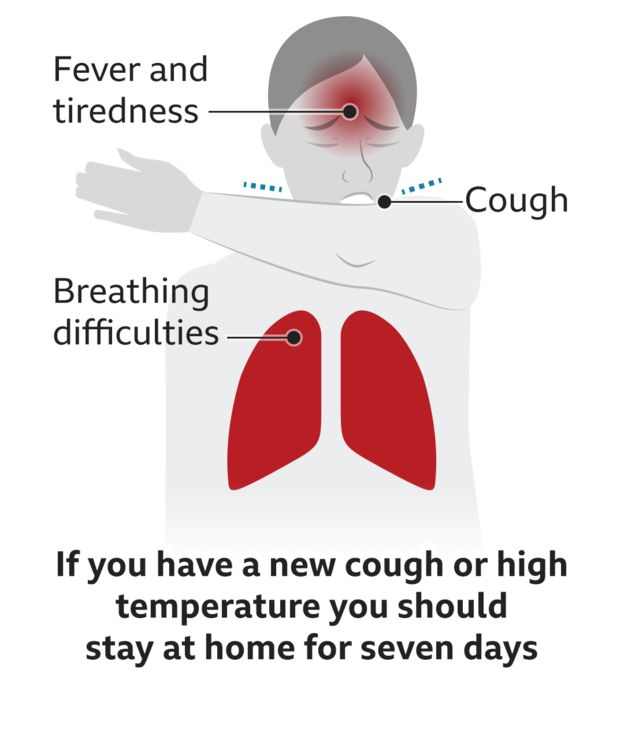
How to avoid catching or spreading coronavirus
DO:
- wash your hands with soap and water often – do this for at least 20 seconds
- always wash your hands when you get home or into work
- use hand sanitiser gel if soap and water are not available
- cover your mouth and nose with a tissue or your sleeve (not your hands) when you cough or sneeze
- put used tissues in the bin immediately and wash your hands afterwards
- try to avoid close contact with people who are unwell
DON'T
- do not touch your eyes, nose or mouth if your hands are not clean
What to do if you have symptoms of coronavirus
- You do not need to call NHS 111 to go into self-isolation.
- Use the 111 coronavirus service online assessment
- To protect yourself and others, do not go to a GP, pharmacy or hospital
- if you have symptoms of coronavirus infection (COVID-19), however mild, stay at home and do not leave your house for 7 days from when your symptoms started. This action will help protect others in your community whilst you are infectious. Read more advice about staying at home.
- plan ahead and ask others for help to ensure that you can successfully stay at home.
- ask your employer, friends and family to help you to get the things you need to stay at home.
- stay at least 2 metres (about 3 steps) away from other people in your home whenever possible.
- sleep alone, if that is possible.
- wash your hands regularly for 20 seconds, each time using soap and water.
- stay away from vulnerable individuals such as the elderly and those with underlying health conditions as much as possible.
If your symptoms worsen during home isolation or are no better after 7 days contact NHS 111 online.
If you have no internet access or unable to get help, you should call NHS 111. For a medical emergency dial 999.
Treatment for coronavirus
There is currently no specific treatment for coronavirus.
Antibiotics do not help, as they do not work against viruses.
Treatment aims to relieve the symptoms while your body fights the illness.
You'll need to stay in isolation, away from other people, until you have recovered.
Ending self-isolation
You should remain at home until 7 days after the onset of your symptoms. After 7 days, if you feel better and no longer have a high temperature, you can return to your normal routine. If you have not had any signs of improvement and have not already sought medical advice, you should contact NHS 111 online at 111.nhs.uk. If you have no internet access, you should call NHS 111.
Cough may persist for several weeks in some people, despite the coronavirus infection having cleared. A persistent cough alone does not mean you must continue to self-isolate for more than 7 days.
Track confirmed coronavirus cases in the UK
The coronavirus dashboard is now available to find out and track confirmed cases in the UK.
Staying up to date
The government is continually providing updates. For the latest information and advice please visit Public Health England.
There is also guidance for health professionals on the NHS website www.england.nhs.uk/coronavirus.
Coronavirus: guidance for health professionals
Find guidance about coronavirus (COVID-19) for health professionals, businesses, schools and other organisations.
This guidance was last updated on 12th March 2020, for the latest information please visit https://www.gov.uk/government/collections/coronavirus-covid-19-list-of-guidance
The advice for anyone in any setting is to follow these main guidelines.
- If you have been in contact with someone with coronavirus or have returned from an affected area identified by the Chief Medical Officer as high risk and you are feeling unwell with a cough, difficulty breathing or fever, stay at home and use the NHS 111 online coronavirus service or call NHS 111.
- Wash your hands more often than usual, for 20 seconds using soap and hot water, particularly after coughing, sneezing and blowing your nose, or after being in public areas where other people are doing so. Use hand sanitiser if that’s all you have access to.
- To reduce the spread of germs when you cough or sneeze, cover your mouth and nose with a tissue, or your sleeve (not your hands) if you don’t have a tissue, and throw the tissue away immediately. Then wash your hands or use a hand sanitising gel.
- Clean and disinfect regularly touched objects and surfaces using your regular cleaning products to reduce the risk of passing the infection on to other people.
At the current time and based on our understanding of what is known of COVID-19 and other similar respiratory viruses, it is likely that older people and those with chronic medical conditions may be vulnerable to severe disease. As more information emerges, recommendations may change.
Guidance for health professionals
- COVID-19: background information
- COVID-19: investigation and initial clinical management of possible cases
- COVID-19: infection prevention and control
- COVID-19: guidance for primary care
- COVID-19: guidance for first responders
- COVID-19: guidance for Ambulance Trusts
- COVID-19: guidance for sampling and for diagnostic laboratories
Track confirmed coronavirus cases in the UK
The coronavirus dashboard is now available to find out and track confirmed cases in the UK.
The government is continually providing updates. For the latest information and advice please visit Public Health England.
Ther is also guidance for health professionals on the NHS website www.england.nhs.uk/coronavirus.
Washing hands for 20 seconds in hot water is central to preventing and slow the spread of coronavirus (COVID-19).
It is one of the easiest ways to protect yourself and others from the virus as well as illnesses such as food poisoning and flu.
When to wash your hands
- Before, during, and after preparing food
- Before eating food
- Before and after caring for someone at home who is sick with vomiting or diarrhoea
- Before and after treating a cut or wound
- After using the toilet
- After changing diapers or cleaning up a child who has used the toilet
- After blowing your nose, coughing, or sneezing
- After touching an animal, animal feed, or animal waste
- After handling pet food or pet treats
- After touching garbage
How to wash your hands
The NHS have put together a thorough step-by-step guide to washing your hands with soap and water. You should wash your hands for the amount of time it takes to sing "Happy Birthday" twice (around 20 seconds).
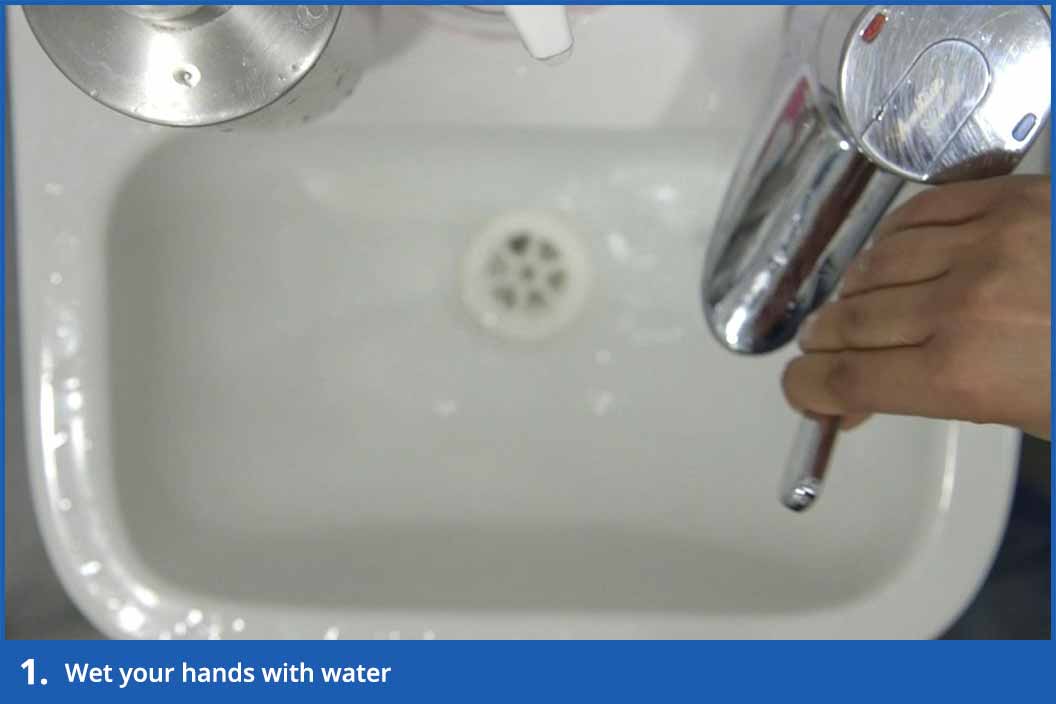
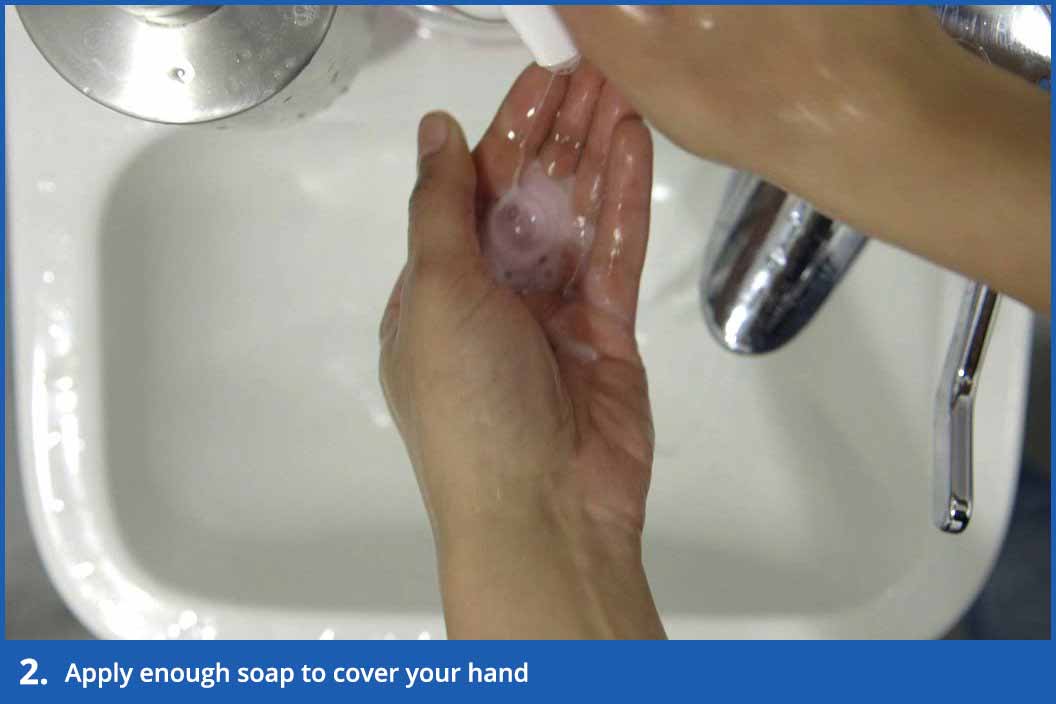
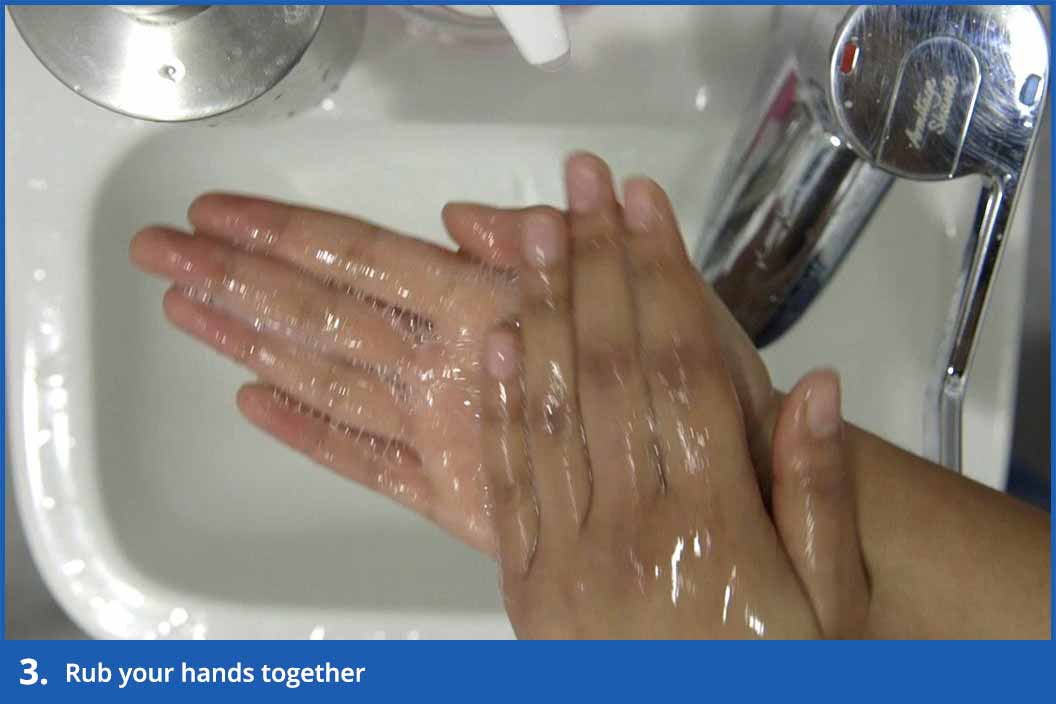
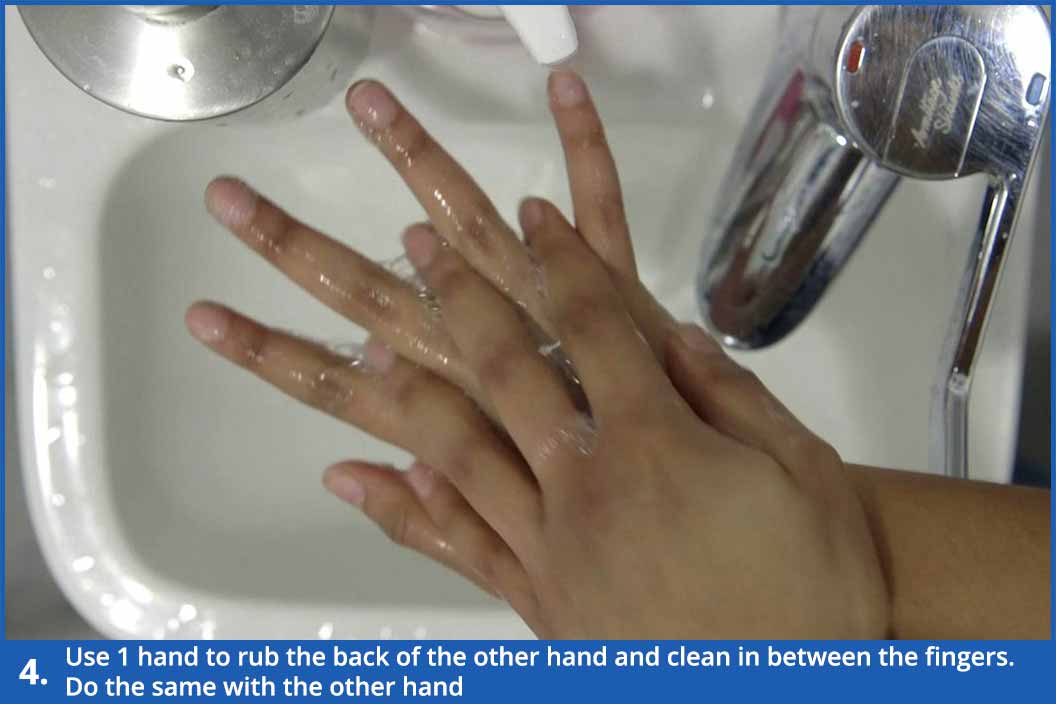
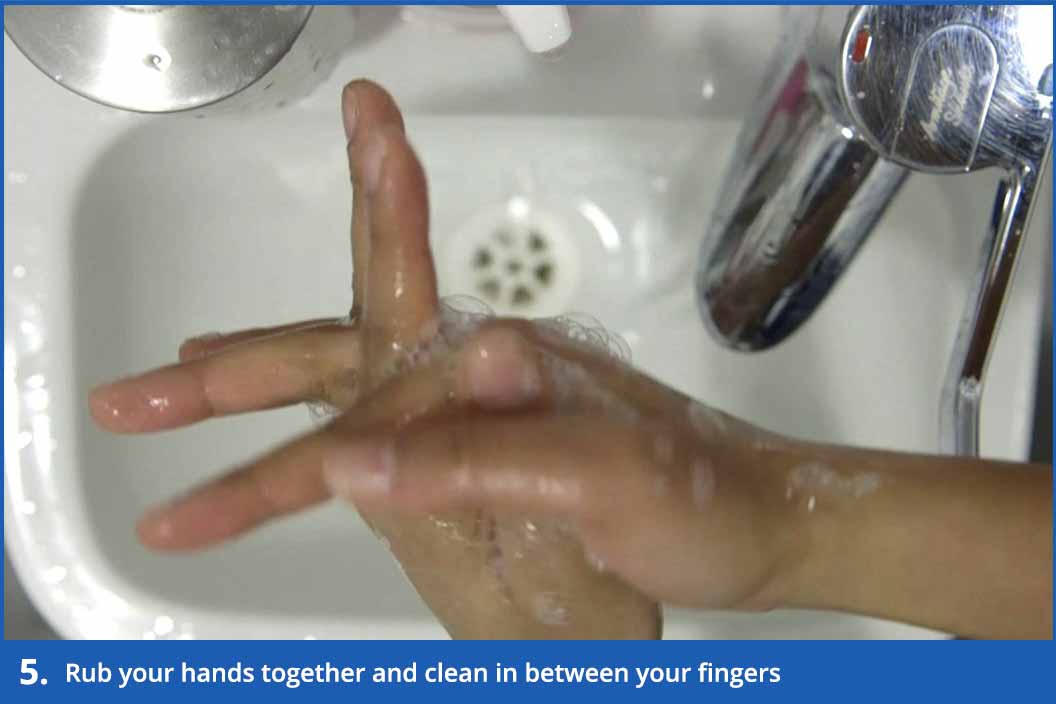
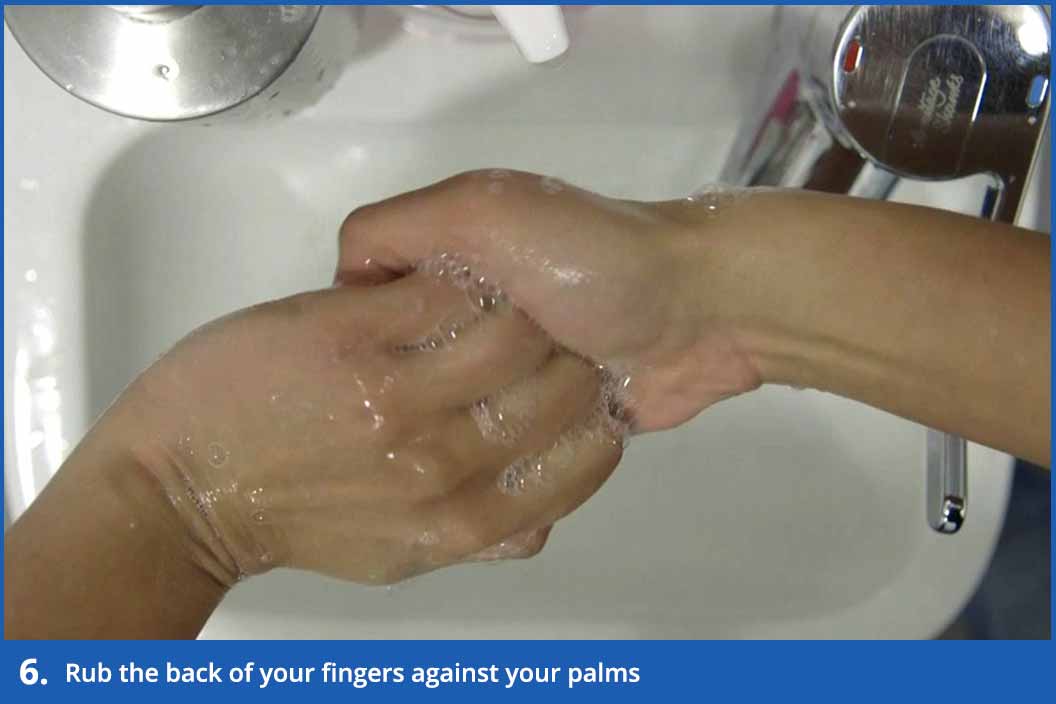
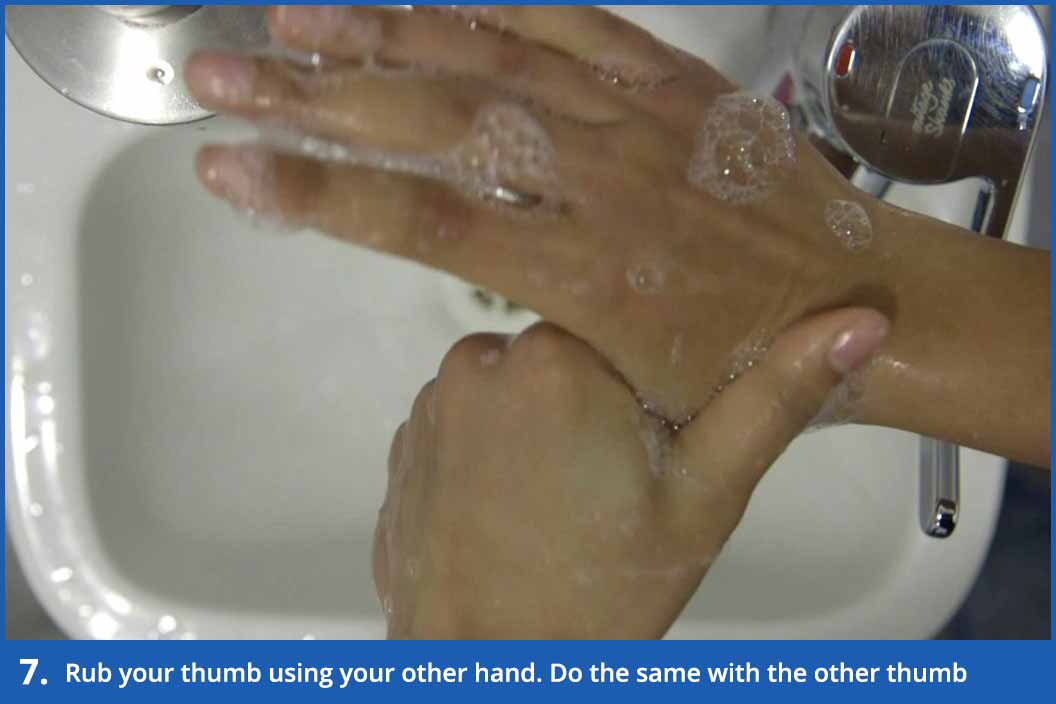
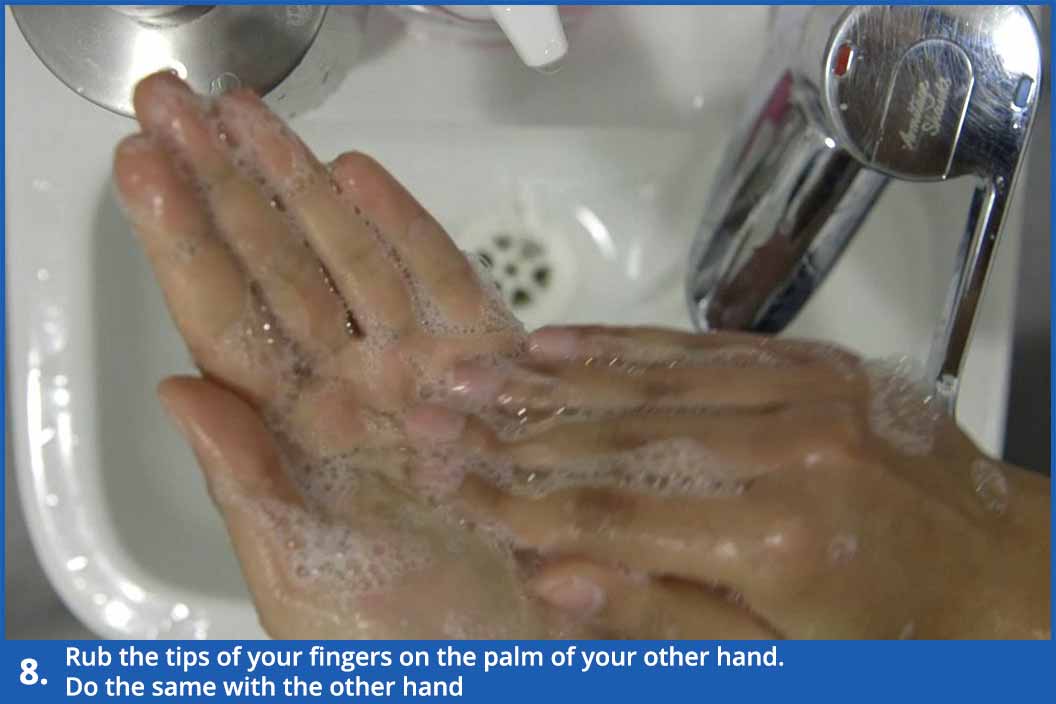
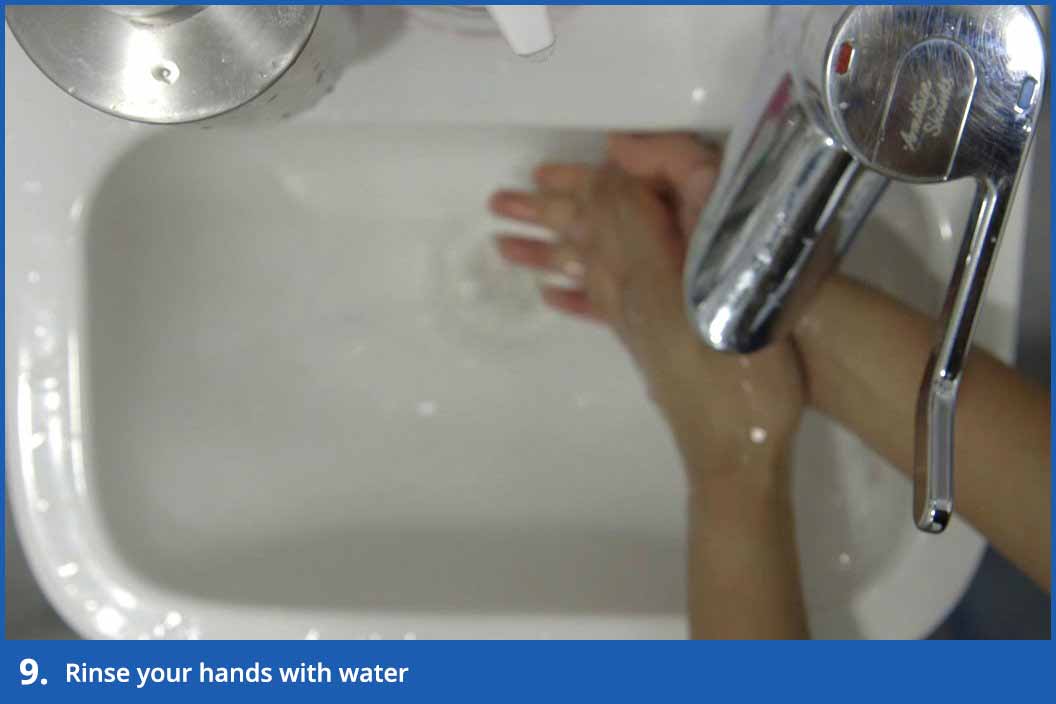
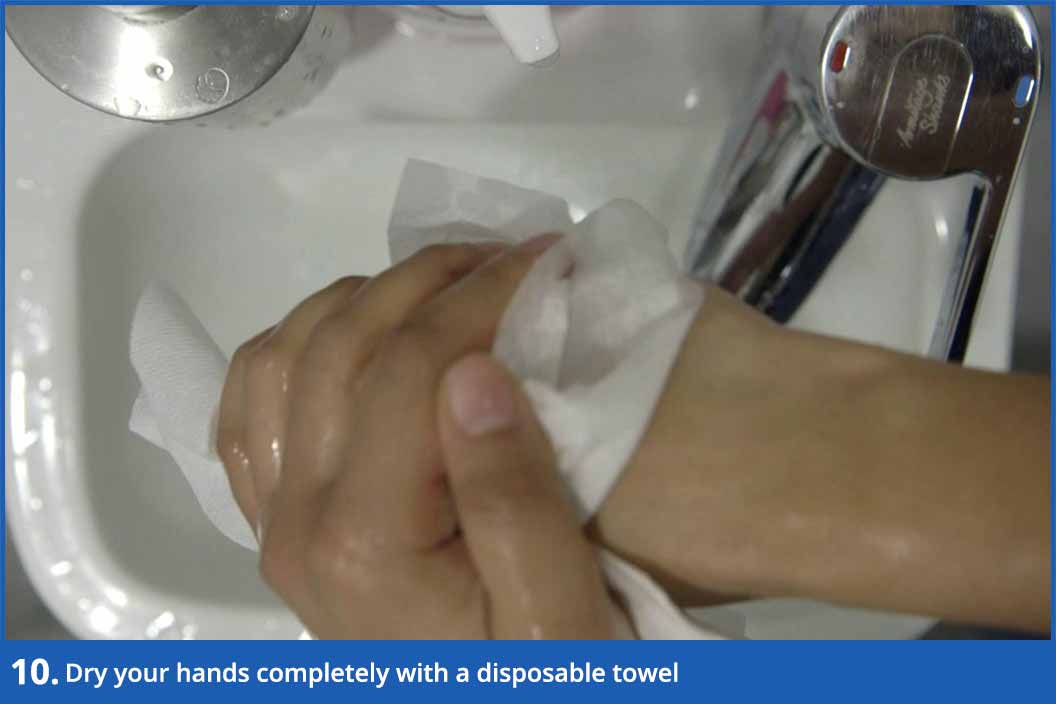
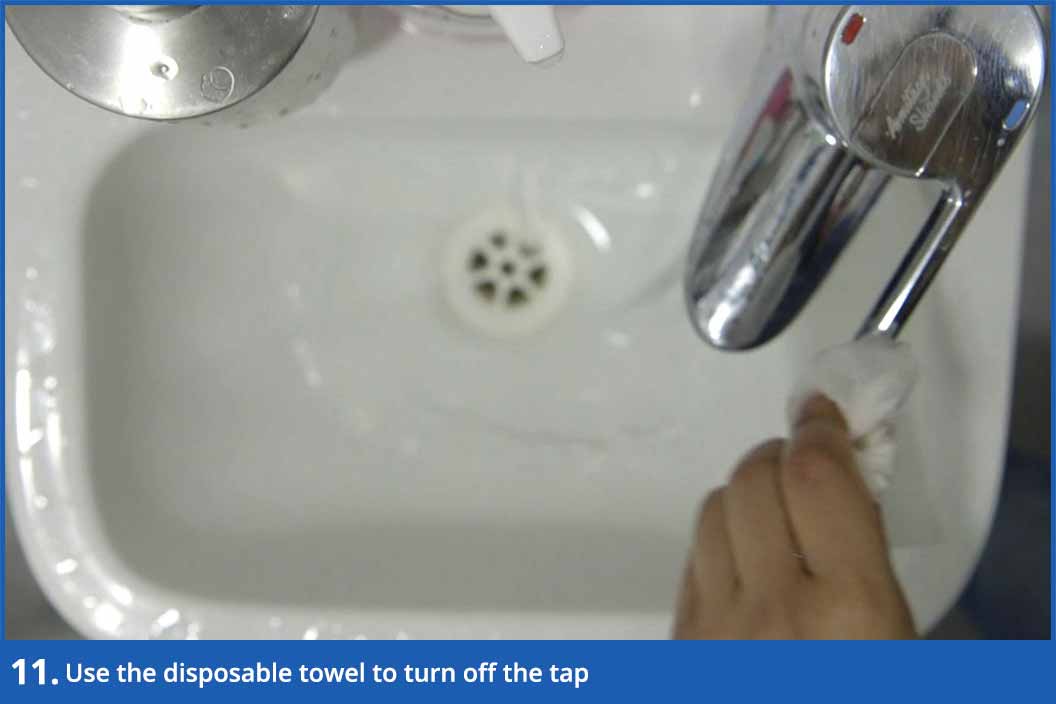
Video Guides
Watch these videos to find out the best way to wash your hands. There’s also one for young children to help get them involved in good hand washing.
How to wash your hand NHS Guide
https://www.youtube.com/watch?v=aGJNspLRdrc
Child friendly guide on how to wash your hands NHS
https://www.youtube.com/watch?v=S9VjeIWLnEg
Hand-Sanitizers
Washing hands with soap and water is the best way to get rid of germs in most situations. If soap and water are not readily available, you can use an alcohol-based hand-sanitizer that contains at least 60% alcohol. You can tell if the sanitizer contains at least 60% alcohol by looking at the product label.
Sanitizers can quickly reduce the number of germs on hands in many situations. However,
- Sanitizers do not get rid of all types of germs
- Hand sanitizers may not be as effective when hands are visibly dirty or greasy
- Hand sanitizers might not remove harmful chemicals from hands like pesticides and heavy metals
How to use hand sanitizer
- Apply the gel product to the palm of one hand (read the label to learn the correct amount)
- Rub your hands together
- Rub the gel over all the surfaces of your hands and fingers until your hands are dry. This should take around 20 seconds
For more information and to see the government response to coronavirus, visit GOV.UK





